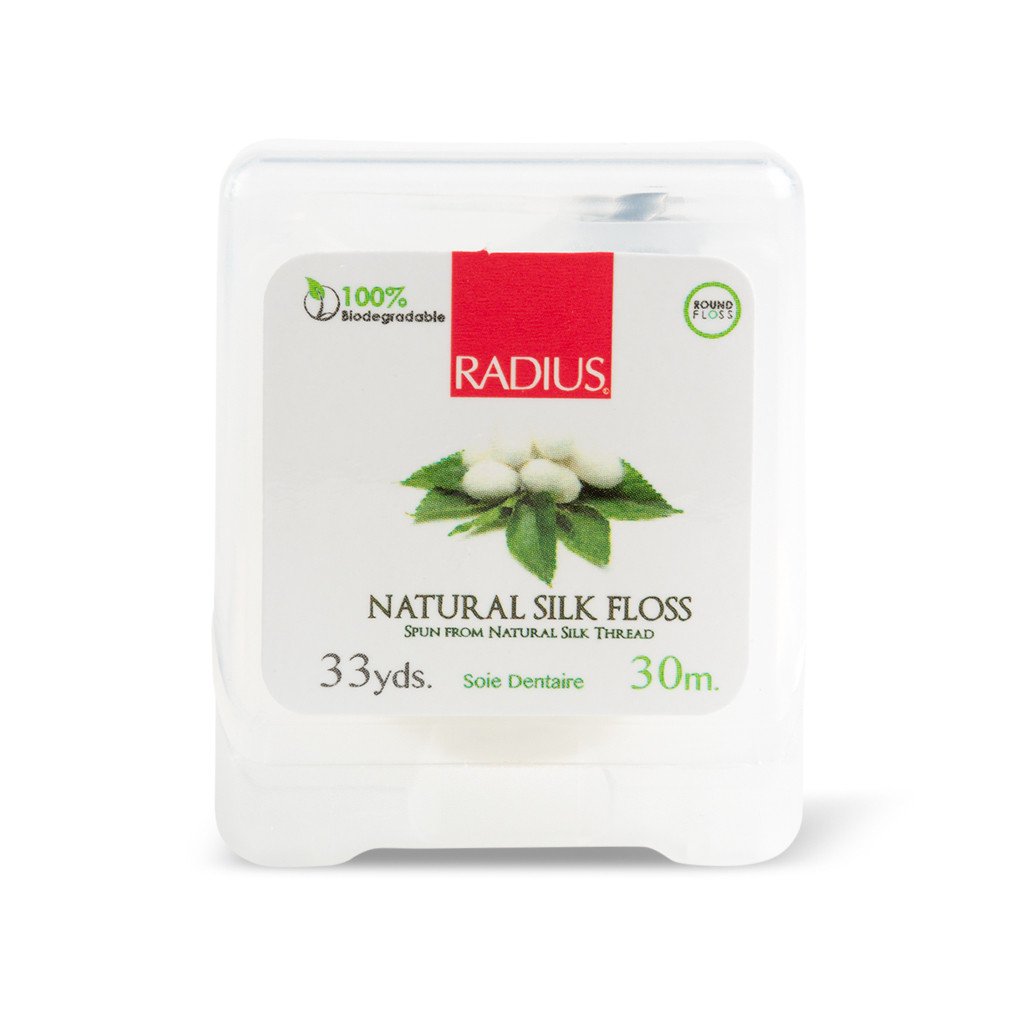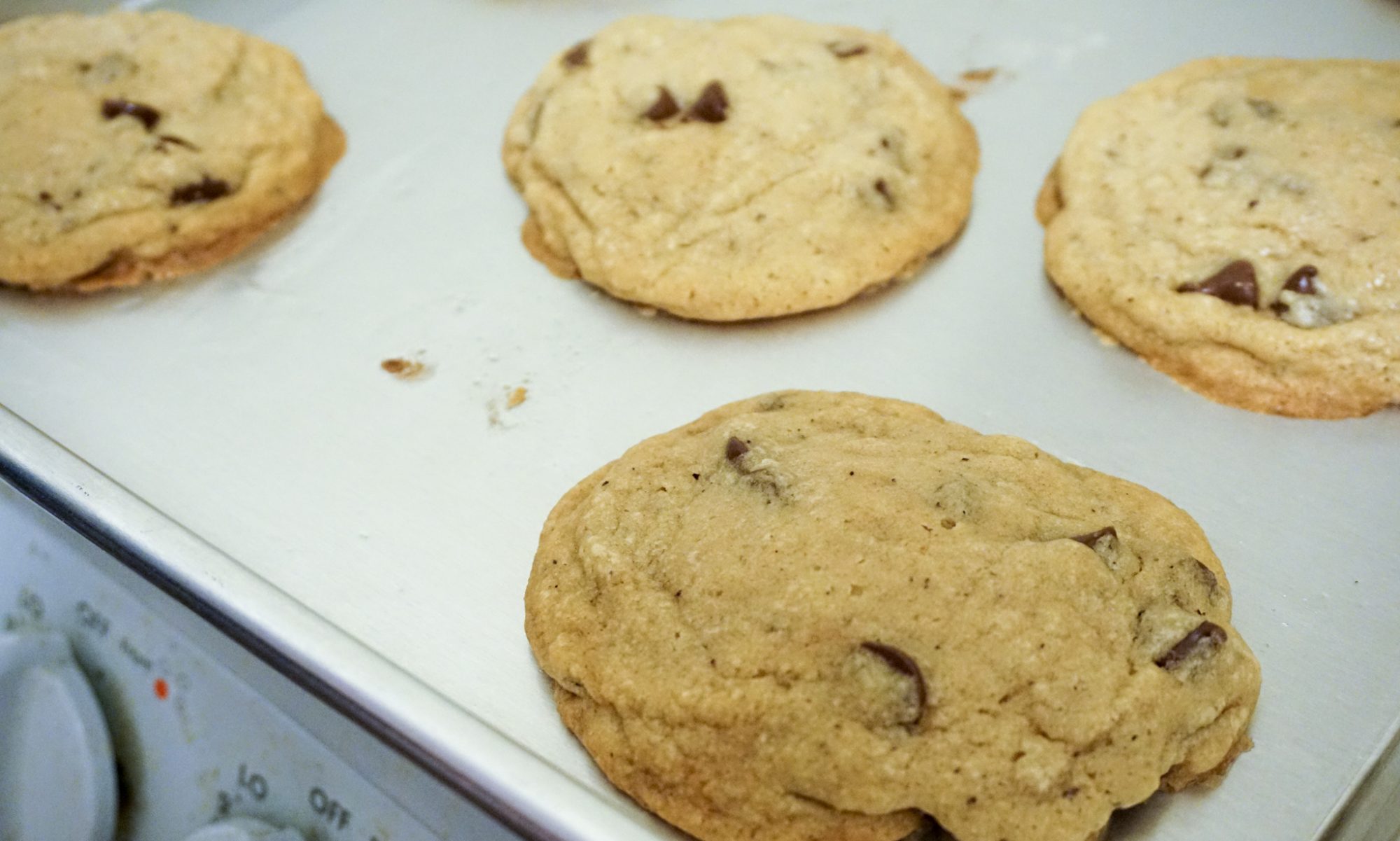As a followup to my Low-waste dental hygiene post, I’ll tell you which options I’ve chosen and what I plan to change in the future.


Food, sustainablity, and some other stuff
As a followup to my Low-waste dental hygiene post, I’ll tell you which options I’ve chosen and what I plan to change in the future.

This topic is kind of complicated, because there are no obvious best answers. And you don’t wanna skimp on your teeth – like with health, prevention is a lot cheaper and a lot more effective than treatment. But I’ll give you all the information I have! Continue reading “Low-waste dental hygiene”
Here are some more tips you can use to reduce the amount of waste you produce! Please start with this post for simpler, and more beginner-friendly tips.
These tips are more difficult, simply because you can’t just swap out a reusable product for a disposable one. These require behavioral change (which is hard!). But do your best! You may find some of these simple to adopt. Continue reading “10+ intermediate tips to help you produce less waste”
Zero waste is a philosophy advocating for the indefinite cyclical reuse of materials and resources, often in a way that mimics how resources are reused in nature (e.g. composting). The idea of zero waste has been around for a while, since the 1970s, but has recently been adopted as an individual lifestyle, thanks in large part to Bea Johnson of Zero Waste Home. The goal of a zero waste lifestyle is to produce zero waste.
However, “waste” is rather ambiguous in this context. It can refer to garbage sent to the landfill, or garbage and recycling, or sometimes garbage and recycling and compost.
Additionally, I don’t like the phrase “zero waste”. It’s unreachable, depending on how waste is defined, and thus misleading. And it encourages perfectionism, which is exclusionary and off-putting. I prefer to talk about “waste reduction” or a “low waste” lifestyle, which everyone can adopt to some extent.
So the question becomes:
It can seem really daunting to try to reduce the amount of waste you produce. The extremes are so extreme: hoarders at one end, and the (unreachable) goal of zero waste at the other. Instead of trying to be perfect right from the beginning, make small changes that will have a big impact in your life! You’ll likely find that a majority of your trash is generated from just a few activities; if you can reduce the waste associated with those activities, your overall trash production will go down a lot!
Continue reading “10+ easy things you can do to produce less waste”
The recipe for the banana bread seen in J’s previous post is from the Cook’s Illustrated cookbook (not sure what year, but it’s kinda old).
2 cups all-purpose flour
3/4 cup sugar
3/4 tsp baking soda
1/2 tsp salt
1 cup toasted, coarsely chopped walnuts
3 very ripe, soft, darkly speckled large bananas, mashed well
1/4 cup plain yoghurt
2 large eggs
6 Tb butter, melted
1 tsp vanilla extract
Mix dry ingredients (flour, sugar, baking soda, walnuts). Mix wet ingredients (banana, yoghurt, eggs, butter, vanilla). Mix wet and dry ingredients together until just combined. Batter should be thick.
Bake for ~55 min (knife inserted into center should come out clean) at 350°F in greased loaf pan.
I recently finished Garbology by Edward Humes. Basically, it talks about some interesting stuff, but has problems staying on topic. The book jumps back and forth as if it forgot to add some important detail before. The different sections don’t connect well and don’t build on each other. The author never really reaches a conclusion (what are we supposed to do about this problem?).
Additionally, the author doesn’t use that many citations (certainly much fewer than I expected, considering how many claims he makes), and I saw one incorrect statistic which made me doubt the veracity of the others.
On Saturday, I went to sewing hour at my local library. (There are sewing machines available for public use!) There are always more projects to work on, and items to repair!
I’ve been modifying a shirt I made a few months ago. The collar was a little short, and I had forgotten to trim the seam allowance to make room for the collar buttonhole. I’ve been reading Shirtmaking by David Coffin, which spurred me to try to make improvements.
A few days ago, I made bread. I was aiming for a focaccia-style crusty flatbread, but completely missed the mark. But that’s not to say the bread wasn’t delicious!
I recently finished Zero Waste Home by Bea Johnson, of zerowastehome.com. This is a book about reducing the amount of waste you produce. It was much more useful to me than Plastic Purge was. The author comes off as extreme, but in ways that are refreshing and helpful to people who are already very into sustainable living.